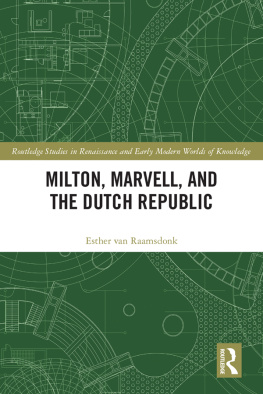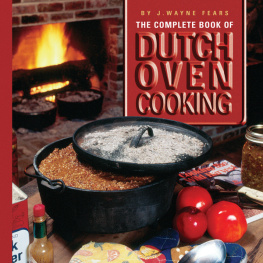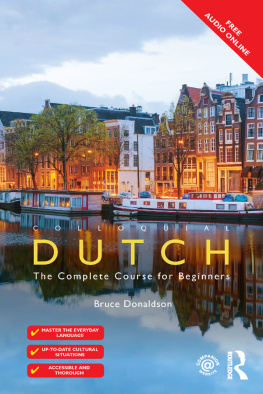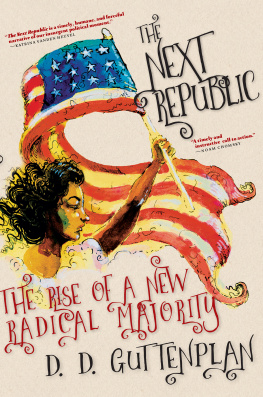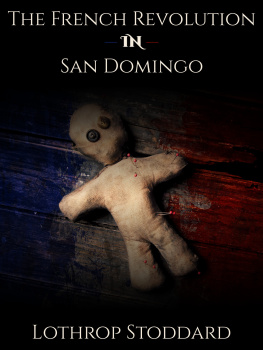John Lothrop Motley - The Rise of the Dutch Republic — Complete (1574-84)
Here you can read online John Lothrop Motley - The Rise of the Dutch Republic — Complete (1574-84) full text of the book (entire story) in english for free. Download pdf and epub, get meaning, cover and reviews about this ebook. year: 2015, publisher: CreateSpace Independent Publishing Platform, genre: Art. Description of the work, (preface) as well as reviews are available. Best literature library LitArk.com created for fans of good reading and offers a wide selection of genres:
Romance novel
Science fiction
Adventure
Detective
Science
History
Home and family
Prose
Art
Politics
Computer
Non-fiction
Religion
Business
Children
Humor
Choose a favorite category and find really read worthwhile books. Enjoy immersion in the world of imagination, feel the emotions of the characters or learn something new for yourself, make an fascinating discovery.

- Book:The Rise of the Dutch Republic — Complete (1574-84)
- Author:
- Publisher:CreateSpace Independent Publishing Platform
- Genre:
- Year:2015
- Rating:3 / 5
- Favourites:Add to favourites
- Your mark:
- 60
- 1
- 2
- 3
- 4
- 5
The Rise of the Dutch Republic — Complete (1574-84): summary, description and annotation
We offer to read an annotation, description, summary or preface (depends on what the author of the book "The Rise of the Dutch Republic — Complete (1574-84)" wrote himself). If you haven't found the necessary information about the book — write in the comments, we will try to find it.
The Rise of the Dutch Republic — Complete (1574-84) — read online for free the complete book (whole text) full work
Below is the text of the book, divided by pages. System saving the place of the last page read, allows you to conveniently read the book "The Rise of the Dutch Republic — Complete (1574-84)" online for free, without having to search again every time where you left off. Put a bookmark, and you can go to the page where you finished reading at any time.
Font size:
Interval:
Bookmark:

| Volume II. |
1574-1576
1576
1576-1577
1576-1577
1577
negotiations for peaceCharacteristics of the negotiators and of
their diplomatic correspondenceDr. JuniusSecret conferences
between Dr. Leoninus and OrangeSteadfastness of the Prince
Changes in the internal government of the northern provinces
Generosity and increasing power of the municipalitiesIncipient
jealousy in regard to Orange rebukedHis offer of resignation
refused by the EstatesHis elevation to almost unlimited power
Renewed mediation of MaximilianViews and positions of the parties
Advice of OrangeOpening of negotiations at BredaPropositions
and counter-propositionsAdroitness of the plenipotentiaries on
both sidesInsincere diplomacy and unsatisfactory resultsUnion of
Holland and Zealand under the Prince of OrangeAct defining his
powersCharlotte de BourbonCharacter, fortunes, and fate of Anna
of SaxonyMarriage of Orange with Mademoiselle de Bourbon
Indignation thereby excitedHorrible tortures inflicted upon
Papists by Sonoy in North HollandOudewater and Schoonoven taken by
HiergesThe isles of ZealandA submarine expedition projected
Details of the adventureIts entire successDeath of Chiappin
VitelliDeliberations in Holland and Zealand concerning the
renunciation of Philip's authorityDeclaration at DelftDoubts as
to which of the Great Powers the sovereignty should be offered
Secret international relationsMission to EnglandUnsatisfactory
negotiations with ElizabethPosition of the Grand CommanderSiege
of ZieriekzeeGenerosity of Count JohnDesperate project of the
PrinceDeath and character of Requesens.
Font size:
Interval:
Bookmark:
Similar books «The Rise of the Dutch Republic — Complete (1574-84)»
Look at similar books to The Rise of the Dutch Republic — Complete (1574-84). We have selected literature similar in name and meaning in the hope of providing readers with more options to find new, interesting, not yet read works.
Discussion, reviews of the book The Rise of the Dutch Republic — Complete (1574-84) and just readers' own opinions. Leave your comments, write what you think about the work, its meaning or the main characters. Specify what exactly you liked and what you didn't like, and why you think so.

